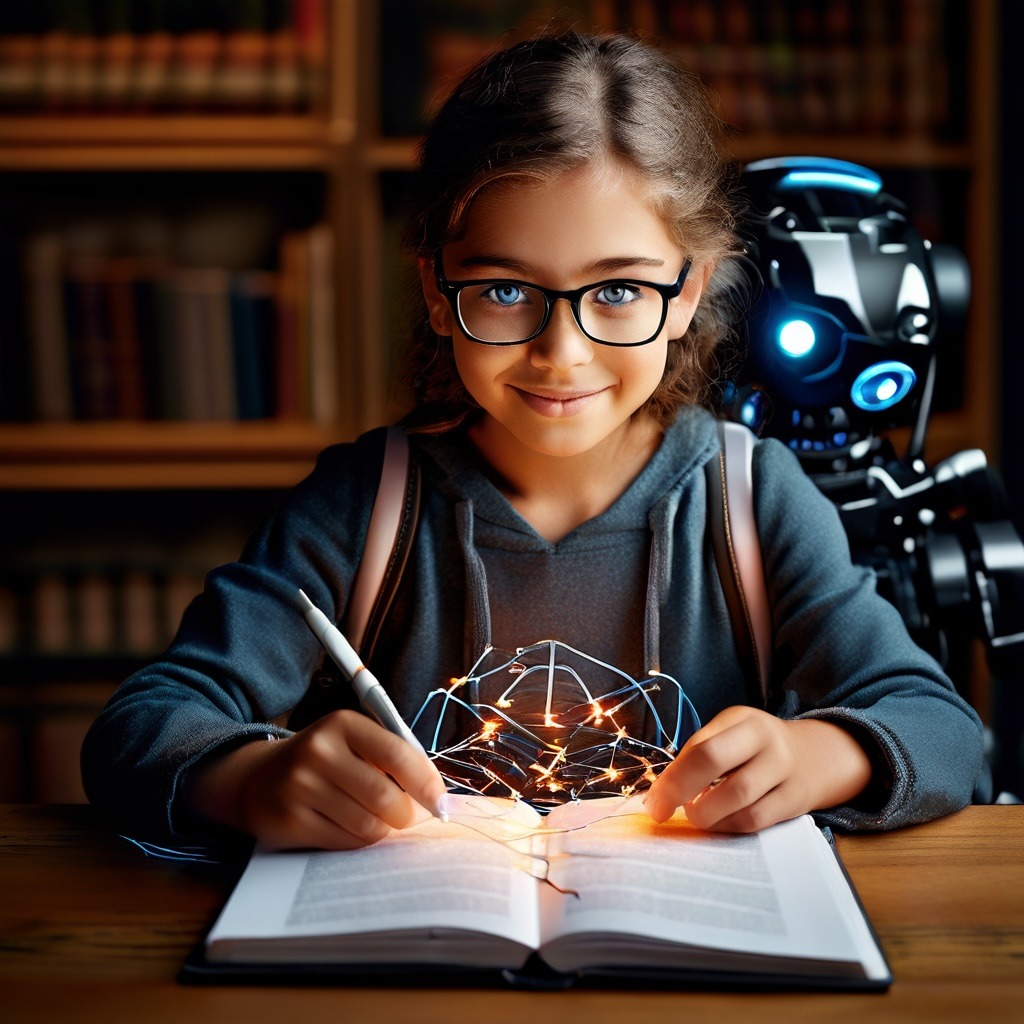The blog post from OpenAI, titled “Memory and New Controls for ChatGPT”, provides insights into the recent advancements made to the ChatGPT model by OpenAI. The primary focus of these enhancements revolves around the integration of memory capabilities and the introduction of new control features, both of which contribute significantly to improving the overall quality of conversational interactions.
One of the most notable improvements is the incorporation of memory mechanisms within ChatGPT. This addition allows the model to retain and recall contextual information from previous parts of the conversation, enabling more coherent and engaging exchanges over extended dialogue sessions. By leveraging memory, ChatGPT can better understand and respond to nuanced nuances, maintain consistency, and provide more personalized interactions tailored to the user’s input.
Furthermore, OpenAI has introduced new control features that empower users to shape the tone and content of conversations according to their preferences and requirements. These controls enable users to adjust parameters such as politeness, specificity of topics, and other conversational attributes, allowing for greater customization and fine-tuning of the model’s responses. This flexibility not only enhances the user experience but also expands the range of applications for ChatGPT across various domains, including customer service, educational platforms, and creative writing endeavors.
Overall, these advancements signify a significant step forward in the development of conversational AI technology, positioning ChatGPT as a more versatile and adaptive tool for facilitating human-like interactions in diverse settings. As the field of natural language processing continues to evolve, the integration of memory and enhanced control features in ChatGPT represents a promising direction toward creating more intelligent and responsive conversational agents.
Read the full blog post HERE





